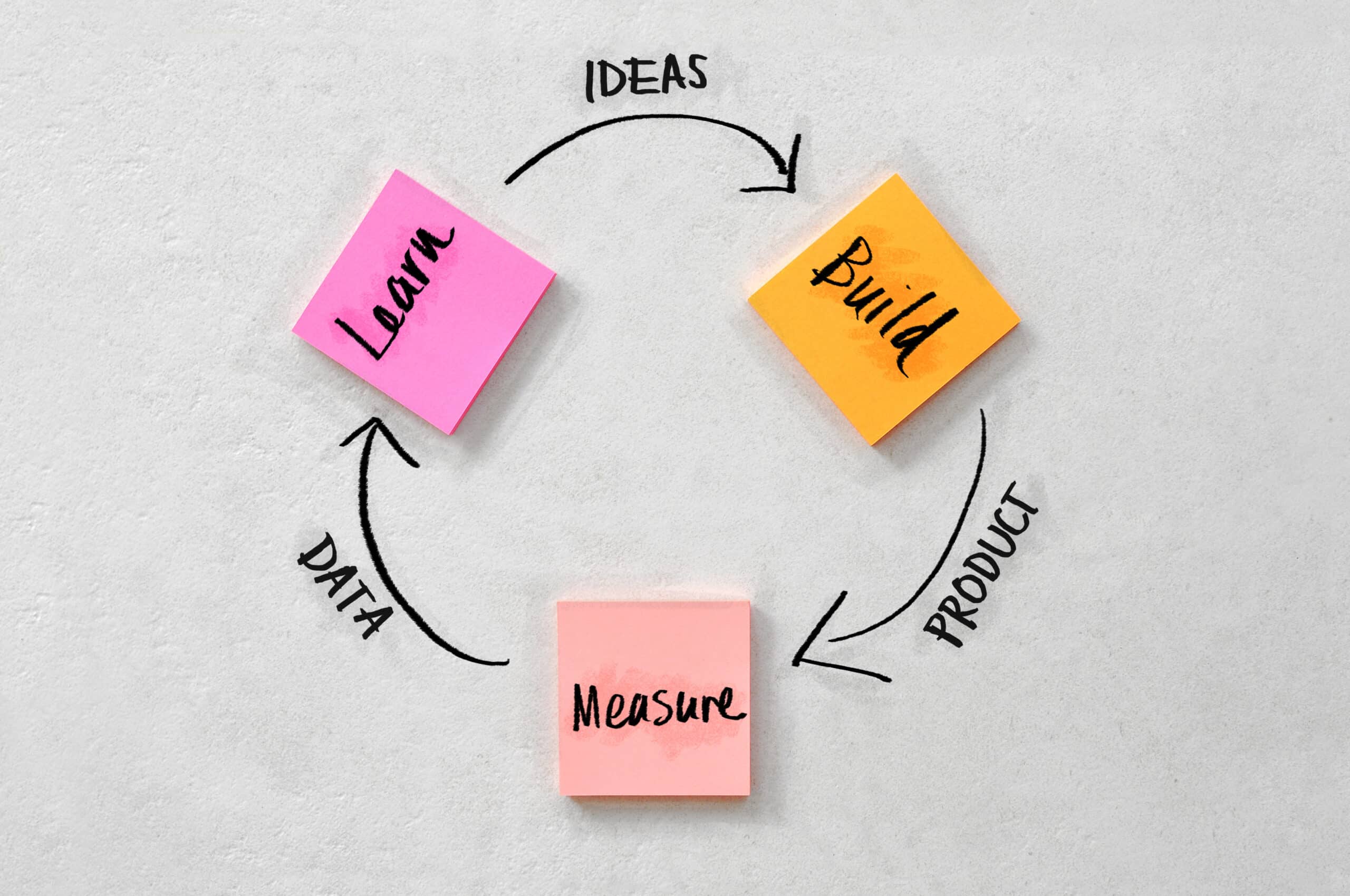Asking for help is not a weakness, but when it comes to asking for it in the workplace, there might be hesitancy.
Worrying that colleagues will perceive it as a failure to cope, or that the boss might see it as a lack of effort in trying can often lead to people trying to power through their problem. That can result in additional time spent on tasks that could have been avoided if help had been sought, growing anxiety when it cannot be resolved alone, or even burnout from the stress.
Sometimes, asking for help demonstrates strength. It shows self-awareness and a willingness to learn and grow. It especially shows that you are open to alternative approaches and ready to take advice on board in your problem-solving approach.
If you find yourself in the following situations, you should consider asking for assistance:
You Don’t Know What You’re Doing
This sounds straightforward, but if you’ve been given a task that you haven’t done before and you’re struggling, it is worthwhile to approach someone for assistance. You could ask your manager/supervisor for clarification about the task, or for some additional support in completing the task. If you require help from your colleagues because they have an understanding of the task, approach them calmly and explain what you need.
There is no point in trying to repeatedly re-attempt the task if you have no idea what you are trying to achieve. It is not an effective way to spend your time, and you will end up stressing yourself out more than anything else.
There’s Too Much Work
Although this may be well-intentioned on your part, being overly enthusiastic about your work practices can cause trouble. Having too much work on your hands will prevent you from completing what you have to the best standard and may leave you overwhelmed.
In this scenario, asking coworkers to help you can seem as though you are shirking responsibilities that you chose to take on, but it is more likely that people have been in similar situations to you.
However, when taking on more responsibilities or accepting additional tasks, make sure that you don’t take on more than you can handle. Understand what your limits and capabilities are, and be sure to address them with your supervisor. However, make sure that the next time you take on more responsibilities, you don’t take on more than you can handle.
You’ve Made A Mistake
It is inevitable that you will make a mistake at some point – it is a part of simply being human. But managing your response is where it counts. Rather than trying to sweep it under the rug, talking to someone about how you could fix it is a much better response. You will not be the first person to make a mistake and there will be others after you that will probably also make mistakes similar to yours, if not the same ones.













